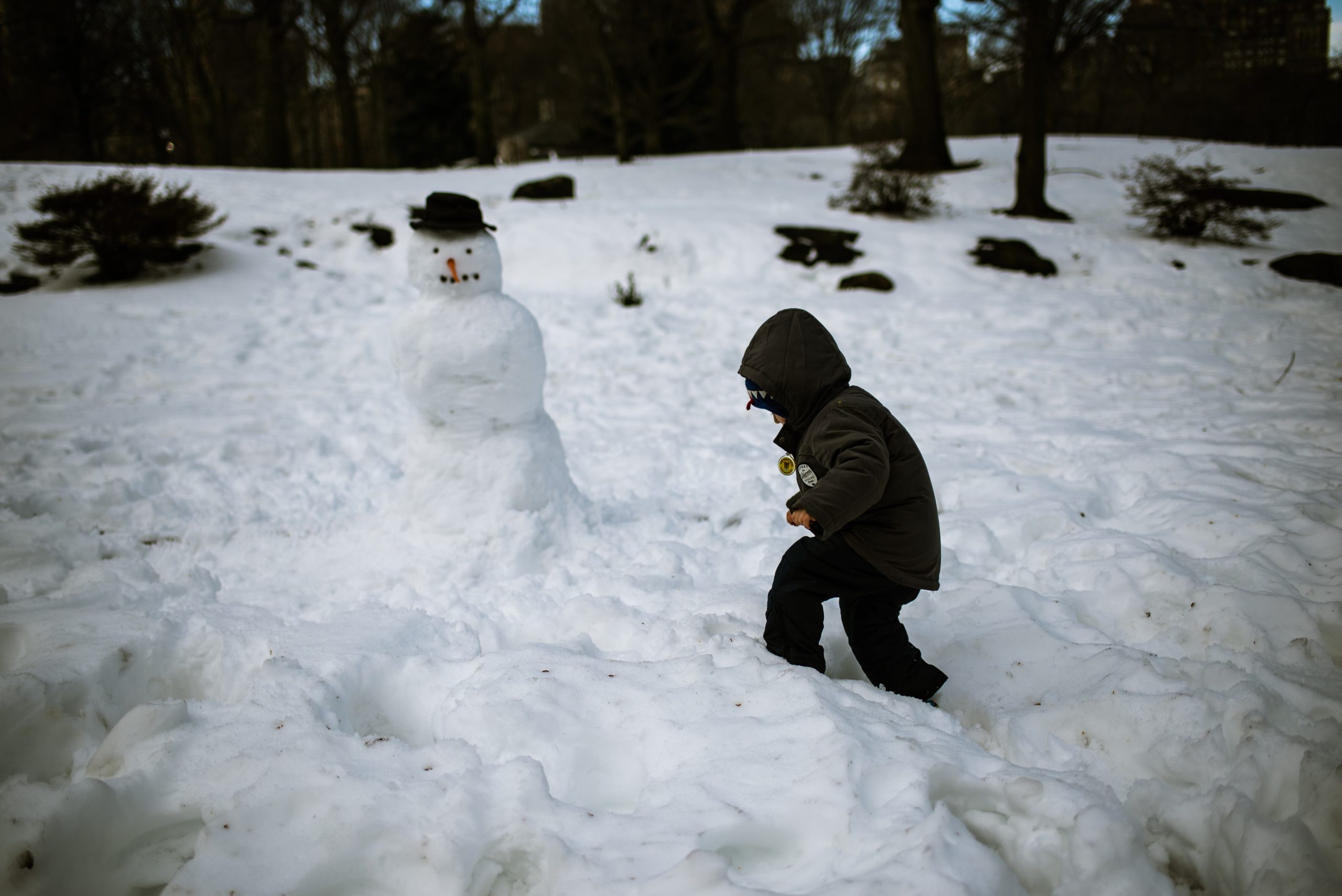As COVID-19 continues, we officially find ourselves deep in the cold winter season. Even before the pandemic, winter has always presented its own set of challenges to our youngsters: colder weather and shorter days mean less time outside to burn off energy; shorter, darker days can mean a change in circadian rhythms, mood, and potentially sleep; and returning from holiday breaks often means difficulty around transitions and adjusting back to routine. Add pandemic anxiety and restrictions to the mix, and it’s no wonder that kids and adults alike might be longing for those warm summer days. This COVID winter will test our abilities, and our kids’ abilities, to be flexible and creative like never before, but we can rise to the occasion to find safe outlets for social and physical needs:
- Help kids prepare: Talk to your kids about the changes in schedule and activity not only because of the pandemic, but because it is now winter, and what these changes might mean for your child and the family. Allow your kids space to vent their disappointment if beloved indoor sports, activities, and events must be changed or cancelled this year, and remember that all feelings about it are OK.
- Get outside: At the same time, cold weather does not have to mean indoors-only fun! As a family, brainstorm favorite outdoor activities that can still be enjoyed in the winter months (or even better, activities that are best enjoyed in the winter), such as sledding, fort building, making pinecone bird feeders, a nature scavenger hunt, or an outdoor fire with blankets, hot cocoa, and stories. Make it a point to spend some time outdoors several days a week, even briefly, as time in nature no matter the season brings undeniable mental health benefits for all of us. Review winter safety tips, bundle up, and get out there!
- Stay connected: Continue to schedule time for connecting remotely with family and friends. And don’t forget about outdoors socially-distanced interactions, if it feels safe and comfortable for your family to do so: even a very brief cold-weather meeting can lift the spirits, especially if kids are prepared ahead of time for the length of interaction and relevant safety rules.
- Get creative: These days, connecting via screens is a major way that kids can socialize with one another, and it can be an important and positive outlet. Find ways to spice up virtual connection with friends whenever possible, using your kids’ interests as a springboard: maybe a Netflix watch party where kids make popcorn and “watch” a favorite movie together via FaceTime; a fashion or magic show via Zoom; or a virtual dance party, concert, or sing-along. While many kids are used to playing video games together online these days, even traditional games such as charades or UNO can be adapted for a virtual hangout and can be a fun change of pace.
- Offer support: As we round the corner into almost a full year of COVID-19 restrictions, changes, and losses, on top of a cold dark winter, remember that situations that may not normally be challenging for your kids might be feeling more difficult for them to manage. Accept that even with planning and creativity, this may be a rougher few months, and that it is OK for kids (and parents) to feel this way. Offer space for your kids to vent their concerns and feelings, and validate their experience. If you are noticing a significant drop in motivation or desire to connect with others and participate in activities during the winter months, it may be useful to consult with a mental health practitioner, to see if your child could use additional support.
- Stay on schedule: As always, keeping bedtimes, wake times, mealtimes, and family rules consistent as much as possible will help kids feel safe and secure during an unpredictable time.
Although little about this COVID winter is ideal, we can continue to focus on what we can control by looking for creative and out-of-the-box ways to foster feelings of joy and security. As we model this resiliency for our kids, we will offer them a lesson that they can take with them long after this season has passed.
Kati Ann Stein, PsyD
Licensed Clinical Psychologist

